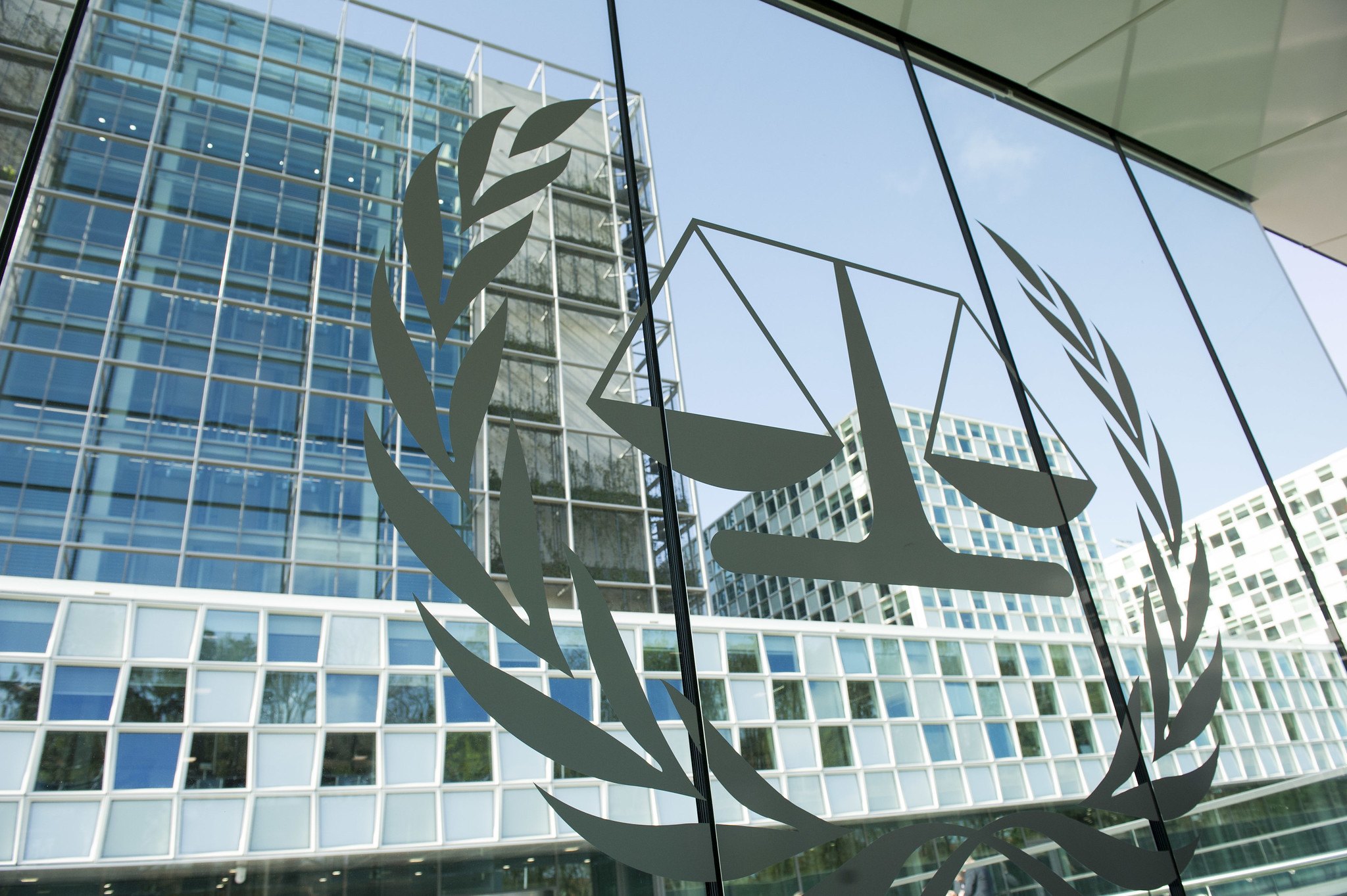Seventh Circuit Joins DC Circuit in Holding that Corporations May be Held Liable under Alien Tort Statute
No sooner had I posted my comment on Monday about the DC Circuit’s Alien Tort Statute decision in the ExxonMobil case than the Seventh Circuit issued its own decision on the question of corporate ATS liability in Flomo v.
Published by The Lawfare Institute
in Cooperation With

No sooner had I posted my comment on Monday about the DC Circuit’s Alien Tort Statute decision in the ExxonMobil case than the Seventh Circuit issued its own decision on the question of corporate ATS liability in Flomo v. Firestone Natural Rubber Company. Judge Posner’s unanimous opinion resoundingly dismisses defense arguments that corporations may not be held liable under the ATS for violations of international law; that the ATS does not apply extraterritorially; and that ATS plaintiffs must first exhaust local remedies. Nevertheless, the panel affirms the district court’s dismissal of the suit on the grounds that customary international law does not impose liability on employers that benefit from child labor (as Firestone is alleged to have done on rubber plantations in Liberia). While the ruling is a victory for Firestone, it could make the Seventh Circuit a magnet for future ATS plaintiffs. Plaintiffs’ counsel Terry Collingsworth is quoted in yesterday’s New York Times as saying “We won the war but lost the battle.” (Disclosure again: I filed an amicus brief arguing against corporate liability.)
In upholding corporate liability under the ATS, the Seventh Circuit joins the DC and Eleventh Circuits, widening the split with the Second Circuit’s ruling in Kiobel last September that “corporate liability is not a discernable -- much less universally recognized -- norm of international law.” Plaintiffs in Kiobel have filed for cert with the Supreme Court. As I noted previously, the Ninth Circuit is poised to rule on the issue of corporate liability in Sarei v. Rio Tinto.
In contrast to the DC Circuit’s methodical 112-page decision in ExxonMobil, the Seventh Circuit’s 24-page un-footnoted opinion reads more like an essay on customary international law and corporate liability. The panel finds the “concept of customary international law” to be “disquieting,” but nevertheless sees no reason why corporations shouldn’t be held civilly liable for violations of it. Oddly, the panel never actually states what constitutes customary international law. Had they done so, they might have had a hard time showing that there is a “general and consistent practice of states” of holding corporations civilly or criminally liable for international law violations and that they do so out of a “sense of legal obligation.” Restatement of Foreign Relations Law (Third), Section 102(2).
The panel is dismissive of the Second Circuit’s opinion in Kiobel, finding that the “factual premise of the majority opinion [i.e. that no corporations have ever been held liable for violations of customary international law]…is incorrect.” The panel points to the decision of the Allied Powers to dissolve certain German corporations after World War II because they had assisted the Nazi war effort, stating that this was done on the authority of customary international law. In fact, it is the Seventh Circuit that is incorrect on this point. The Control Council Orders were political decisions made by the allies, not decisions by international tribunals based on international law.
Even if no corporation had ever been punished for violating customary international law, the panel says “there is always a first time to enforce a norm.” This willingness to break new ground seems inconsistent with the Supreme Court’s stern admonition in Sosa that lower courts should exercise “caution,” “restraint,” and “vigilance” in deciding whether to expand the scope of the ATS. But the panel seems largely unbothered by Sosa, and is even obliquely critical of the standards it lays down, finding them “suggestive rather than precise.”
In closing, the panel -- almost as an afterthought, and with scant analysis -- slams the door on two other defense arguments that have been litigated at length in other courts: that the ATS does not apply to activities outside the United States and that ATS plaintiffs must first exhaust local remedies. To require exhaustion of local remedies would “border on the ridiculous,” says the panel. While ridiculous to the Seventh Circuit, Congress nonetheless saw fit to require plaintiffs to exhaust local remedies before filing claims for torture or extrajudicial killing under the Torture Victims Protection Act. Moreover, the Supreme Court was not quite so dismissive in Sosa (where the European Commission had argued that local exhaustion is required under international law), noting that it would consider this requirement “in an appropriate case.”
John B. Bellinger III is a partner in the international and national security law practices at Arnold & Porter in Washington, DC. He is also Adjunct Senior Fellow in International and National Security Law at the Council on Foreign Relations. He served as The Legal Adviser for the Department of State from 2005–2009, as Senior Associate Counsel to the President and Legal Adviser to the National Security Council at the White House from 2001–2005, and as Counsel for National Security Matters in the Criminal Division of the Department of Justice from 1997–2001.


.jpg?sfvrsn=4c0f5277_5)

